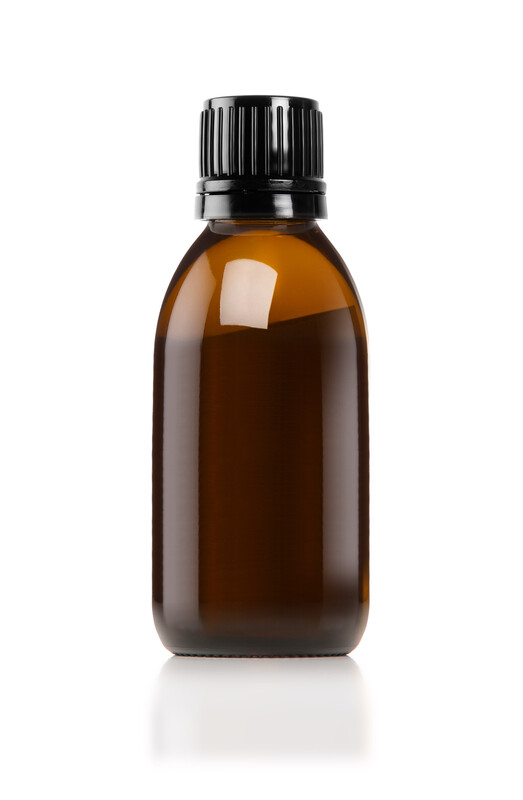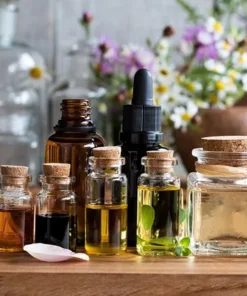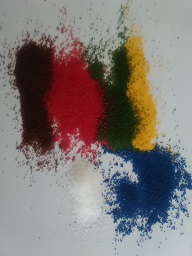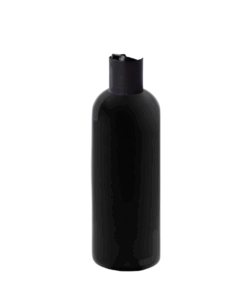Colloidal Silver – 100ml
R92,00
Colloidal Silver – 100ml – a valuable addition to water-based treatments that need a natural yet effective cleansing and calming component.
5 in stock
Colloidal Silver – 100ml
Natural Antimicrobial Power for Skincare and Wellness
Colloidal Silver is a well-known natural ingredient prized for its powerful antimicrobial, antibacterial, and antifungal properties. For generations, it has been used in traditional healing remedies. Today, it continues to shine in modern skincare and wellness formulations. Its gentle, effective action makes it ideal for purifying the skin, soothing inflammation, and supporting healing—especially for acne-prone or reactive skin.
This ingredient is made from microscopic silver particles suspended in purified water. It works by interfering with the cellular processes of bacteria and fungi, which helps to reduce breakouts and irritation. Unlike harsh preservatives, colloidal silver is non-drying and safe for daily use on sensitive skin.
Because of its natural cleansing power, it is commonly used in facial mists, healing gels, and toners. Moreover, its calming effect makes it a great choice for treating minor cuts, insect bites, and inflamed skin. With its wide range of uses, colloidal silver has earned its place in both natural and science-forward skincare.
Why Choose Colloidal Silver?
Key Benefits:
-
Offers strong antimicrobial and antibacterial protection
-
Helps reduce redness, inflammation, and breakouts
-
Supports the skin’s natural healing functions
-
Gentle enough for sensitive and acne-prone skin
-
Ideal for use in both skincare and hygiene products
In comparison to synthetic alternatives, colloidal silver offers a more natural solution without compromising effectiveness. For brands focused on clean beauty, it’s a valuable addition to any water-based formulation.
How to Use Colloidal Silver
-
Recommended Usage Rate: 0.1%–1%
-
Phase: Add during the water phase or cool-down
-
Solubility: Water-soluble
-
Formulation Types: Toners, face mists, creams, gels, and sprays
For best results, use only pharmaceutical or cosmetic-grade colloidal silver. Always conduct a patch test and check pH stability when mixing with other actives or botanicals.
Perfect For:
-
Skin-clarifying and acne care products
-
Hydrating facial sprays and mists
-
Post-shave or post-waxing treatments
-
Natural deodorants and gentle hygiene care
Ultimately, Colloidal Silver brings a balance of science and nature to your skincare. It provides powerful protection while remaining soothing and non-irritating—perfect for clean, conscious formulations.
| Weight | 0,300 kg |
|---|---|
| Dimensions | 6 × 6 × 15 cm |











